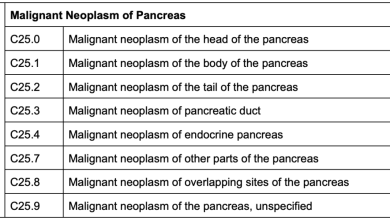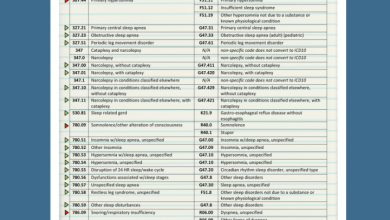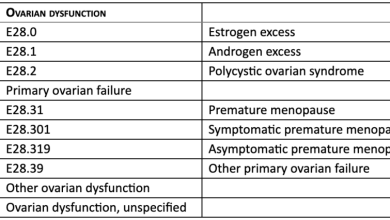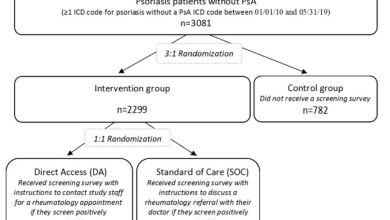Managing Anemia In Chronic Kidney Disease: Exploring ICD-10 Codes And Treatment Options
What is Anemia with CKD ICD-10?
Anemia with CKD ICD-10 refers to the condition where a patient has both anemia and chronic kidney disease (CKD). Anemia is a condition where there is a decrease in the number of red blood cells or hemoglobin in the blood, leading to symptoms such as fatigue, weakness, and shortness of breath. CKD is a progressive loss of kidney function over time, which can lead to a variety of complications, including anemia.
Code Information

The ICD-10 code for anemia with CKD is D63.1. This code is used to specify a diagnosis of anemia in chronic kidney disease, which can help healthcare providers track and manage the condition effectively.
Diagnostic Related Groups (MS-DRG)
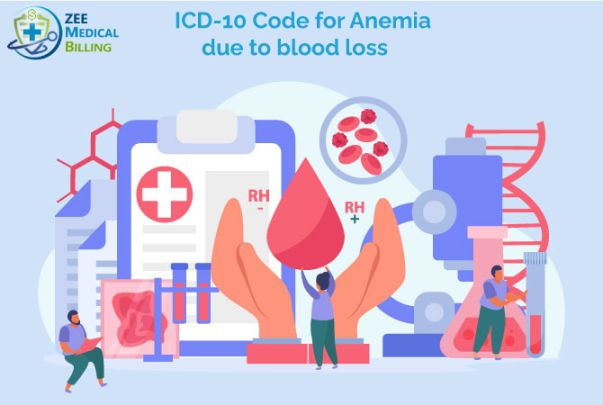
The MS-DRG for anemia with CKD is 682. This MS-DRG is used to classify patients with anemia and chronic kidney disease for billing and reimbursement purposes in the healthcare system.
Convert to ICD-9 Code
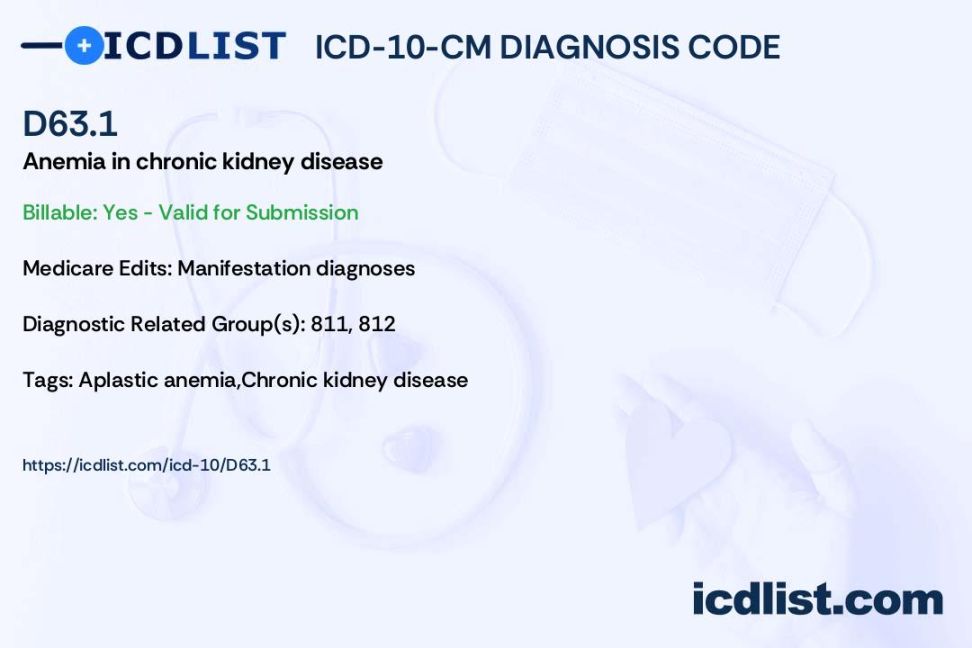
For those still using ICD-9 codes, the equivalent code for anemia with CKD is 285.21. This code is used to specify a diagnosis of anemia in chronic kidney disease in the older ICD-9 coding system.
Code History
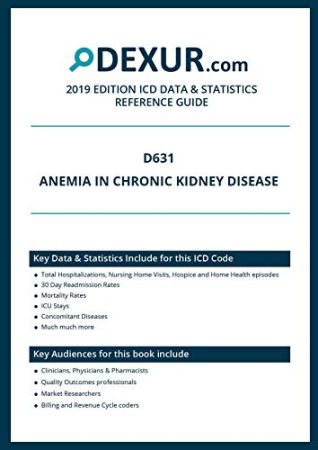
The D63.1 ICD-10 code for anemia with CKD was introduced in 2015 as part of the transition from ICD-9 to ICD-10 coding systems. This code helps healthcare providers accurately diagnose and manage anemia in patients with chronic kidney disease.
Approximate Synonyms
Some approximate synonyms for anemia with CKD include anemia of chronic kidney disease, renal anemia, and CKD-related anemia. These terms are often used interchangeably to describe the same condition.
Clinical Information
Anemia with CKD is a common complication of chronic kidney disease, affecting up to 50% of patients with CKD. The anemia is typically due to decreased production of erythropoietin, a hormone produced by the kidneys that stimulates red blood cell production. Without enough erythropoietin, the bone marrow is unable to produce an adequate number of red blood cells, leading to anemia.
Causes
The main cause of anemia in chronic kidney disease is a decrease in erythropoietin production by the kidneys. Other contributing factors can include blood loss from dialysis treatments, inflammation, iron deficiency, and vitamin deficiencies. Certain medications used to treat CKD can also contribute to anemia.
Symptoms
Common symptoms of anemia with CKD include fatigue, weakness, shortness of breath, pale skin, dizziness, and cold hands and feet. In severe cases, anemia can lead to complications such as heart failure and worsened kidney function.
Diagnosis
Diagnosing anemia with CKD involves a physical examination, blood tests to measure hemoglobin levels and kidney function, and sometimes a bone marrow biopsy to assess red blood cell production. Imaging tests such as ultrasounds or CT scans may also be used to evaluate the kidneys and surrounding tissues.
Treatment
Treatment for anemia with CKD typically involves addressing the underlying cause of the anemia, such as increasing erythropoietin levels with medications or hormone therapy. Iron supplements may be prescribed to address iron deficiency, and blood transfusions may be necessary in severe cases. Dialysis and kidney transplant may be considered for patients with advanced CKD.
Conclusion
Anemia with CKD is a common complication of chronic kidney disease that can lead to significant symptoms and complications if left untreated. Proper diagnosis and management of the condition are essential to improving the quality of life and outcomes for patients with CKD and anemia.
FAQs
1. Can anemia with CKD be cured?
While anemia with CKD cannot be cured, it can be effectively managed with appropriate treatment and interventions to improve symptoms and quality of life.
2. What are the risk factors for developing anemia with CKD?
Risk factors for anemia with CKD include advanced kidney disease, certain medications, iron deficiency, and vitamin deficiencies.
3. How is anemia with CKD diagnosed?
Anemia with CKD




